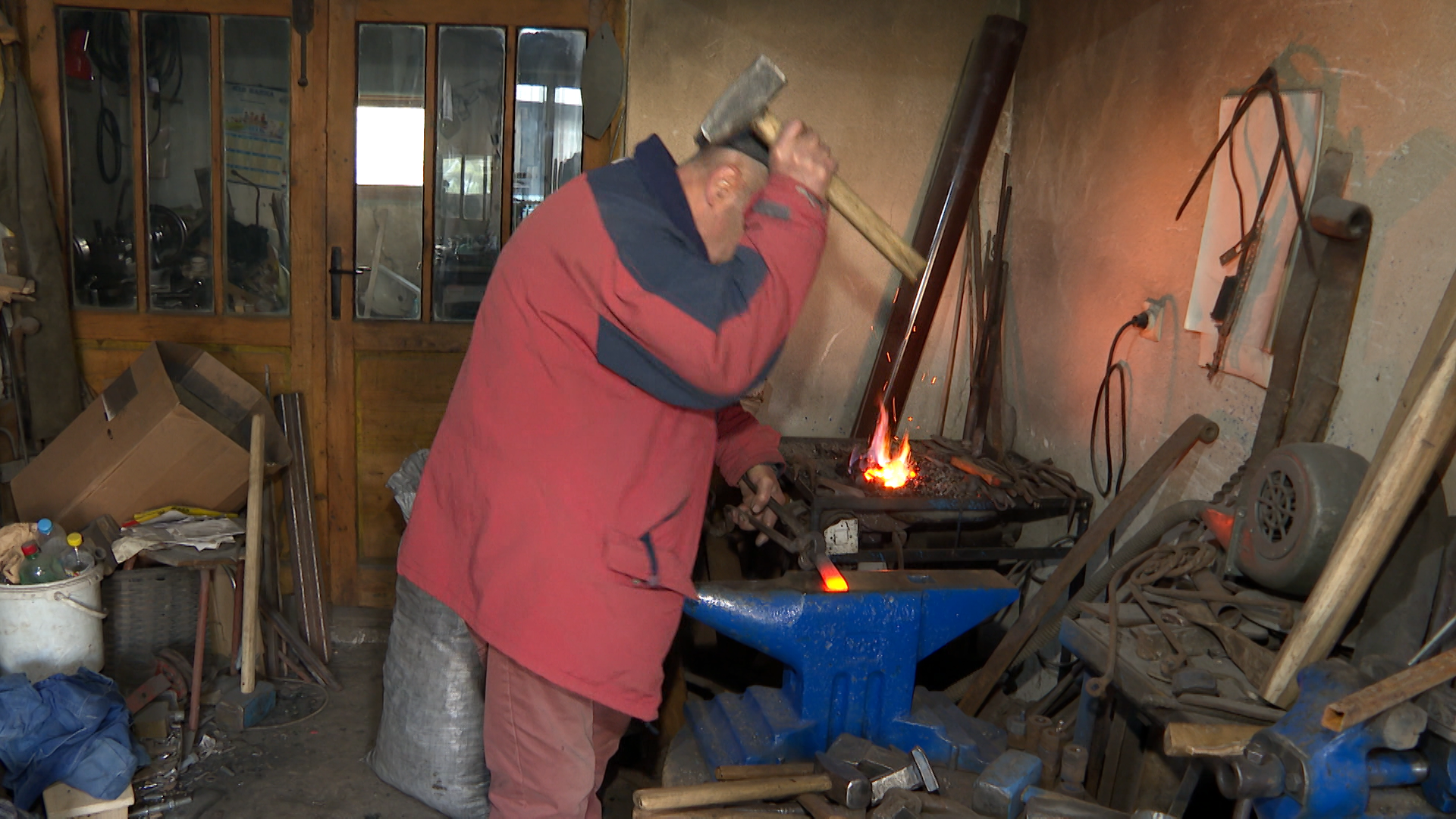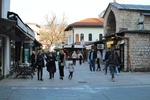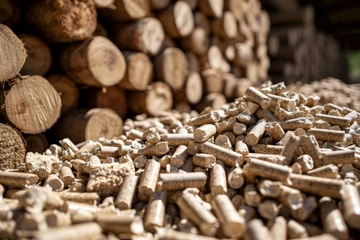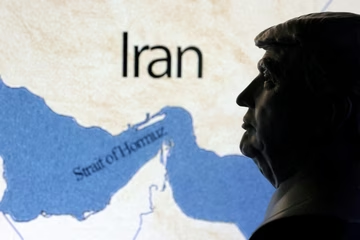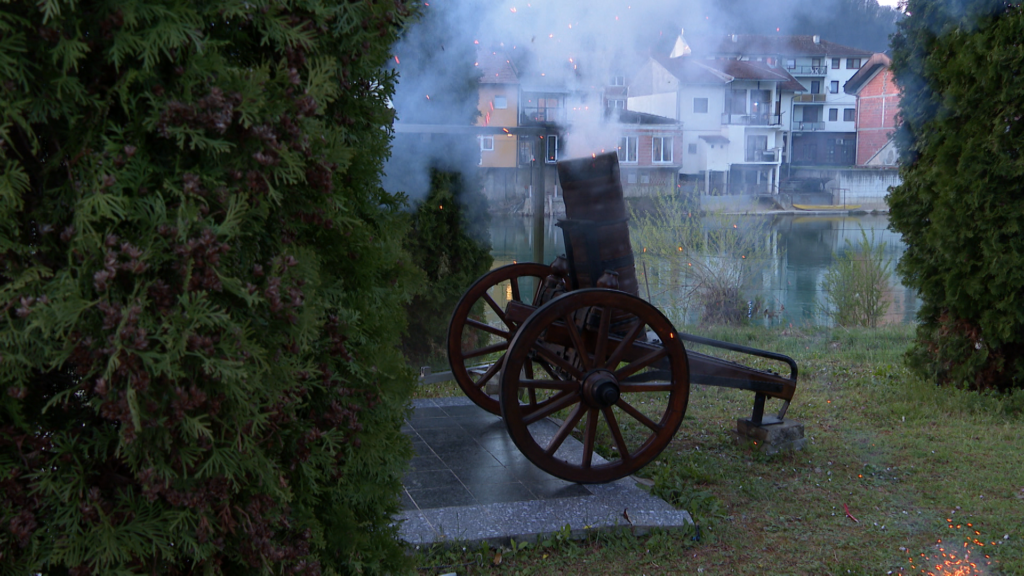
In the month of Ramadan, cannon shots are traditionally heard throughout Bosnia and Herzegovina. Many of these cannons were made by the blacksmith, Dursum Halilovic. At the age of seventy, he is one of the few who keeps the craft from dying out.
"I am 70 years old, and I started doing this as a child, I started with my father when I was ten years old, we made all agricultural tools, trailers for tractors, we made new ones, a complete set of everything, it was all correct, registered, reported always was all. In the last ten years, I've specialised a bit in making these Ramadan cannons, so they’re my priority now," Halilovic said.
When asked if he is the only one making cannons, he said "Yes, I kind of invented them, expanded it. I have these cannons all over Bosnia, I have them in Montenegro, in Sandzak, in Serbia, I sent them to Macedonia, near Ohrid to Kicevo, they shoot them there, they sent me the footage, they are asking for more, give us more. I made a slightly larger number of them, over 80 cannons. It's good, it's going, when it's Ramadan when the lamps are lit, it's a sign that the people break their fast, the cannons brought back some of that old tradition, because those cannons were always fired, when there was no electricity, no lamps, to hear the call to prayer, a cannon shot can be heard some five, six, even ten kilometres away, depending on the weather."
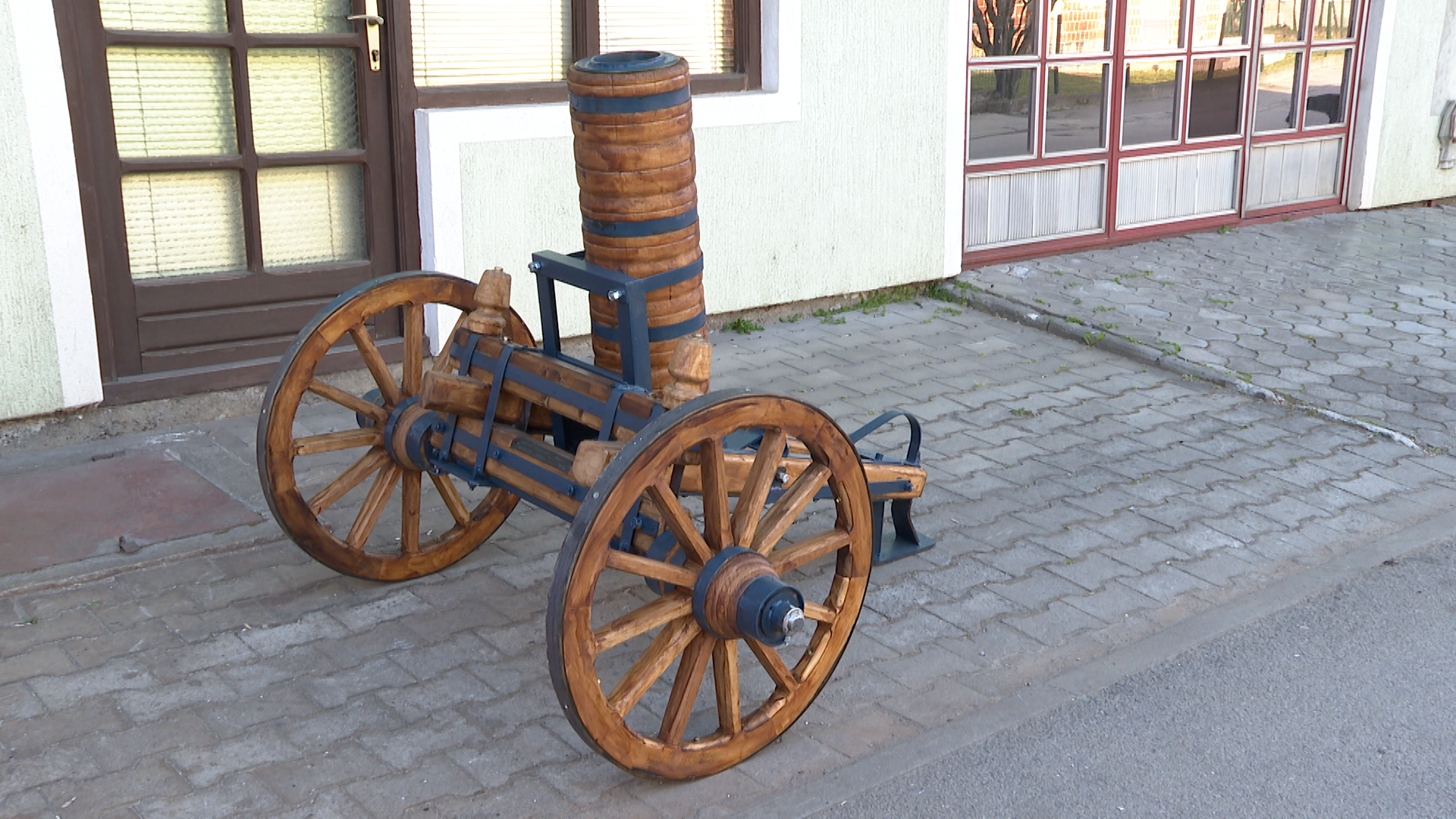
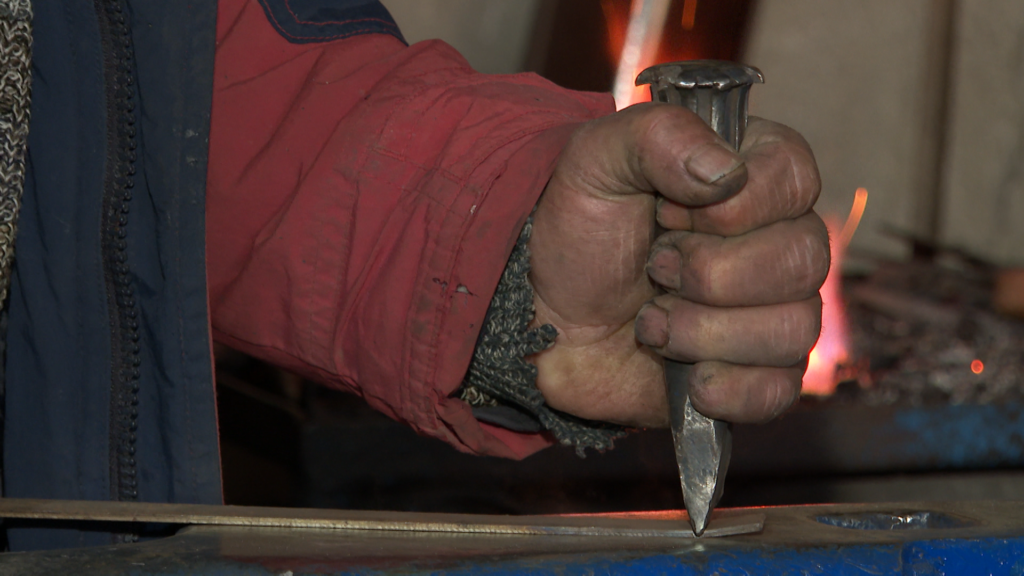
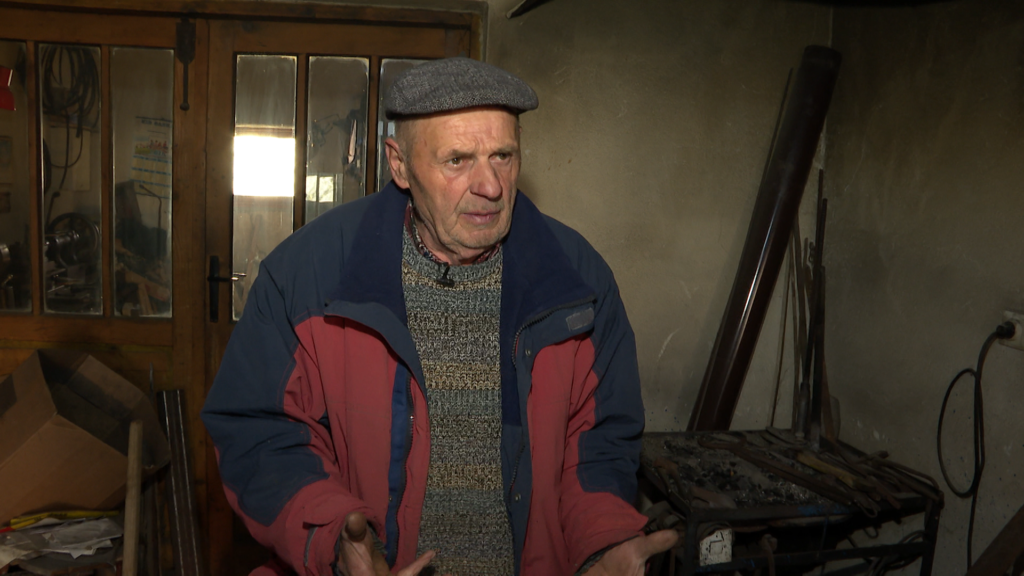
The first cannon he made was for the City of Bihac. According to him, orders for cannons are coming in all the time.
"My shot is heard in four states. I feel very good about that, whether it's on television or directly, I stop everything when it's time to hear the shot, if I'm somewhere near a cannon, etc., I stop to rest a little, to hear the shot, no matter what city I’m in. I also worked on several cannons that can be heard in Sarajevo. I make metal pipes, but I cover them with wood to make it unique, to make it appear old, not just put a hollow pipe, that's not it. Ash, oak, quality wood, dry wood, I have my friends from the dryer, it must be exclusively dry wood," Halilovic said.
First comes the structure, elements, and wooden supports, Dursum explains.
“Then I go to the metal, heat it, bend it, set it up. This is not hard work for me, not for me. I do it willingly, I'm not limited by time, I have to finish it by two, and I'm usually slowed down when I work but I don't have any working hours, I don't pay attention to it at all. All that matters is that I do it right. I don't just stick it there and be done with it. We were always famous blacksmiths, always registered, my father, grandfather, we did quality work, we were famous, we made carriages, metal carts, horse sleighs, big ones, my works are everywhere," the blacksmith said, adding:
"The shop is about two centuries old and this hammer was made by my grandfather, no one is allowed to take it out of this shop, only I can use it, take the other one if you want, just don’t touch this one. I work with it, it's in my hand non-stop."
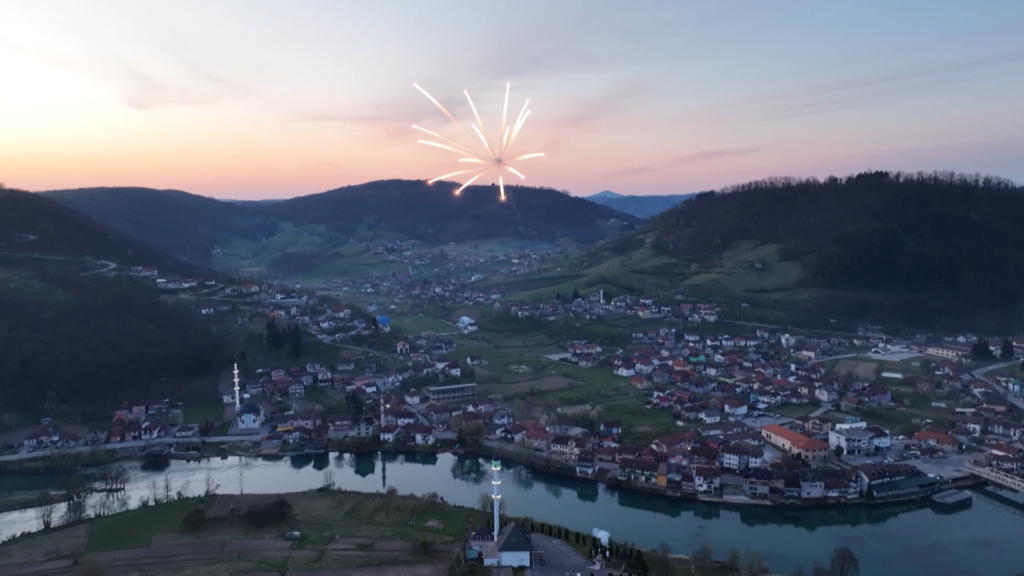
When asked who will take over the store, Dursum answered: "I don't think anyone will, no, no one will. I don't even know if there's a need for the children to do that, they have better conditions now, they come, we talk, I'll go to them too, in an hour and a half you'll be sitting with them in Germany."
There are also no students interested in taking over the shop, he said.
Kakvo je tvoje mišljenje o ovome?
Učestvuj u diskusiji ili pročitaj komentare





 Srbija
Srbija
 Hrvatska
Hrvatska
 Slovenija
Slovenija




